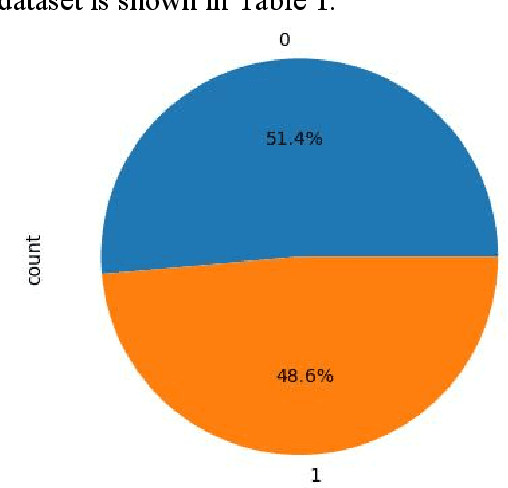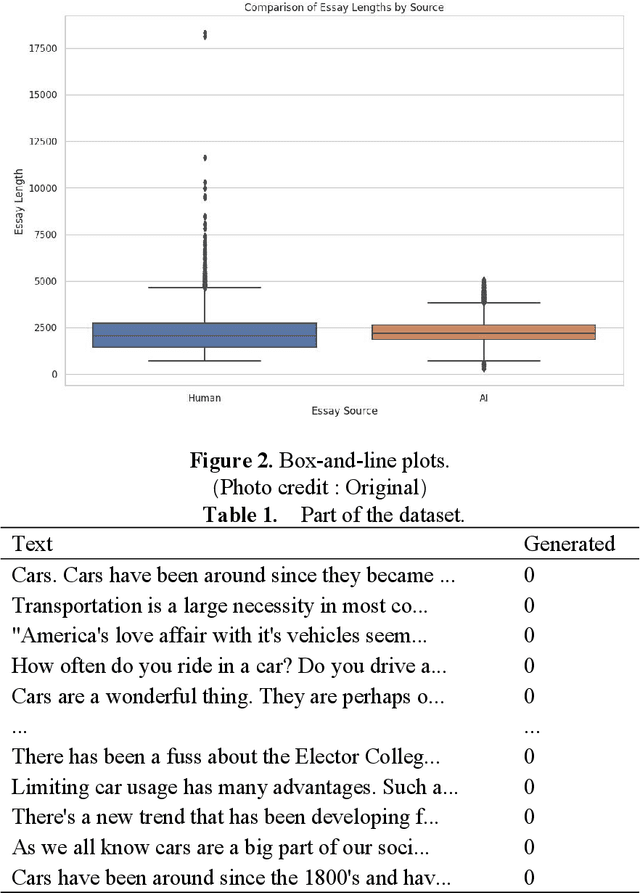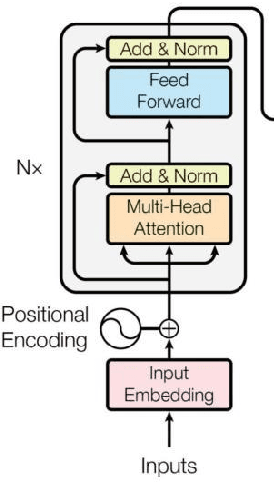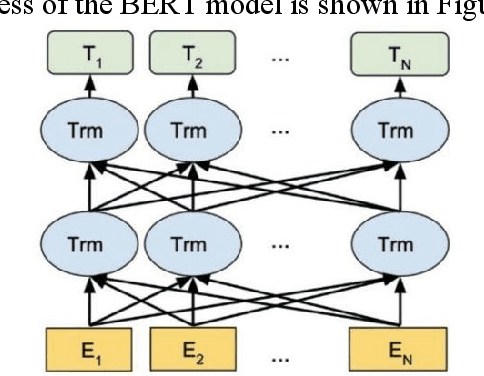AI-Generated Text Detection and Classification Based on BERT Deep Learning Algorithm
Paper and Code
May 26, 2024



AI-generated text detection plays an increasingly important role in various fields. In this study, we developed an efficient AI-generated text detection model based on the BERT algorithm, which provides new ideas and methods for solving related problems. In the data preprocessing stage, a series of steps were taken to process the text, including operations such as converting to lowercase, word splitting, removing stop words, stemming extraction, removing digits, and eliminating redundant spaces, to ensure data quality and accuracy. By dividing the dataset into a training set and a test set in the ratio of 60% and 40%, and observing the changes in the accuracy and loss values during the training process, we found that the model performed well during the training process. The accuracy increases steadily from the initial 94.78% to 99.72%, while the loss value decreases from 0.261 to 0.021 and converges gradually, which indicates that the BERT model is able to detect AI-generated text with high accuracy and the prediction results are gradually approaching the real classification results. Further analysis of the results of the training and test sets reveals that in terms of loss value, the average loss of the training set is 0.0565, while the average loss of the test set is 0.0917, showing a slightly higher loss value. As for the accuracy, the average accuracy of the training set reaches 98.1%, while the average accuracy of the test set is 97.71%, which is not much different from each other, indicating that the model has good generalisation ability. In conclusion, the AI-generated text detection model based on the BERT algorithm proposed in this study shows high accuracy and stability in experiments, providing an effective solution for related fields.
 Add to Chrome
Add to Chrome Add to Firefox
Add to Firefox Add to Edge
Add to Edge